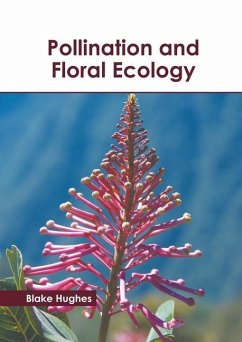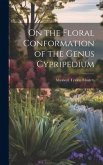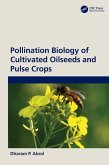Flowers are structures produced by angiosperms or flowering plants. Their evolutionary history has been shaped by their association with pollinators, primarily insects. The transfer of pollen grains from the stamens to the ovules, or pollination, is an essential aspect of plant reproduction. In flowering plants, the ovules are contained within the pistil, and the pollen is generally deposited on the stigma, which is the receptive surface of the pistil. In conifers and cycads, the ovules are exposed and the pollen is caught in the fluid secreted by the ovule. This process is mediated by insects, vertebrates (bats and birds), certain mammals and some lizards. Such interaction between flowers and their pollinators are mutualistic. These influence floral ecology and are believed to have led to the wide diversity of pollinators today. This book contains some path-breaking studies in pollination and floral ecology. It will also provide interesting topics for research which interested readers can take up. A number of latest researches have been included to keep the readers up-to-date with the global concepts in this area of study.
Hinweis: Dieser Artikel kann nur an eine deutsche Lieferadresse ausgeliefert werden.
Hinweis: Dieser Artikel kann nur an eine deutsche Lieferadresse ausgeliefert werden.








